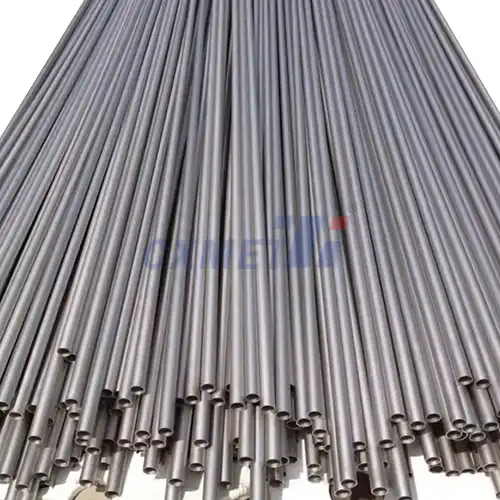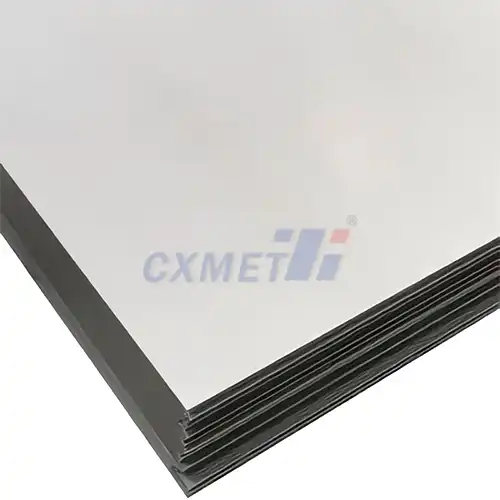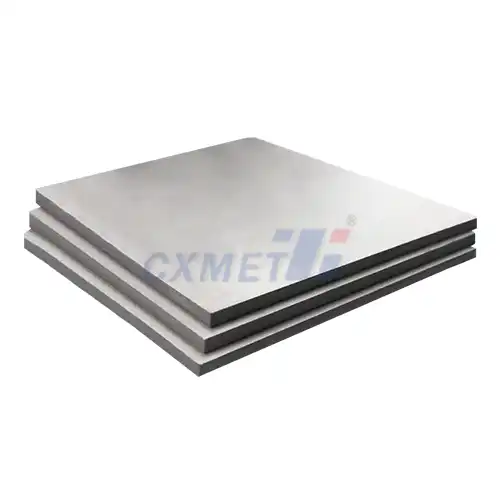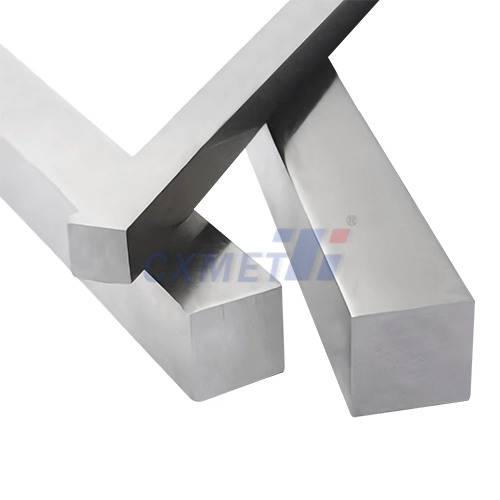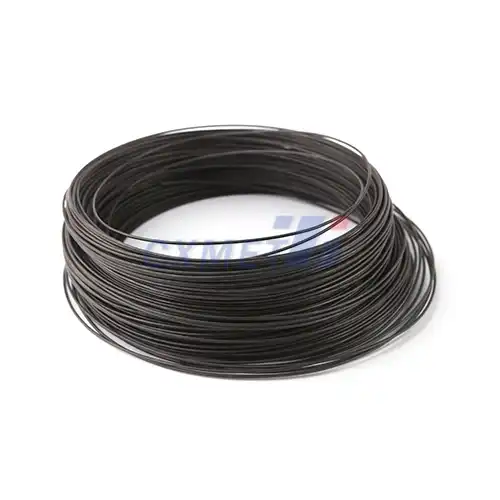- English
- French
- German
- Portuguese
- Spanish
- Russian
- Japanese
- Korean
- Arabic
- Greek
- German
- Turkish
- Italian
- Danish
- Romanian
- Indonesian
- Czech
- Afrikaans
- Swedish
- Polish
- Basque
- Catalan
- Esperanto
- Hindi
- Lao
- Albanian
- Amharic
- Armenian
- Azerbaijani
- Belarusian
- Bengali
- Bosnian
- Bulgarian
- Cebuano
- Chichewa
- Corsican
- Croatian
- Dutch
- Estonian
- Filipino
- Finnish
- Frisian
- Galician
- Georgian
- Gujarati
- Haitian
- Hausa
- Hawaiian
- Hebrew
- Hmong
- Hungarian
- Icelandic
- Igbo
- Javanese
- Kannada
- Kazakh
- Khmer
- Kurdish
- Kyrgyz
- Latin
- Latvian
- Lithuanian
- Luxembou..
- Macedonian
- Malagasy
- Malay
- Malayalam
- Maltese
- Maori
- Marathi
- Mongolian
- Burmese
- Nepali
- Norwegian
- Pashto
- Persian
- Punjabi
- Serbian
- Sesotho
- Sinhala
- Slovak
- Slovenian
- Somali
- Samoan
- Scots Gaelic
- Shona
- Sindhi
- Sundanese
- Swahili
- Tajik
- Tamil
- Telugu
- Thai
- Ukrainian
- Urdu
- Uzbek
- Vietnamese
- Welsh
- Xhosa
- Yiddish
- Yoruba
- Zulu
Are Gr23 Medical Titanium Rods Biocompatible and Corrosion-Resistant?
2025-07-22 10:47:43
In the realm of medical implants and devices, the choice of materials is crucial for ensuring patient safety and long-term success. One material that has gained significant attention in recent years is the Gr23 Medical Titanium Rod, also known as Ti-6Al-4V ELI (Extra Low Interstitial). As medical professionals and researchers continually seek advanced materials for implants and surgical instruments, the question arises: Are Gr23 Medical Titanium Rods truly biocompatible and corrosion-resistant? This blog post delves into the properties, applications, and benefits of Gr23 titanium, exploring its suitability for medical use. We'll examine the scientific evidence behind its biocompatibility, assess its corrosion resistance in physiological environments, and discuss the implications for patient care and medical device manufacturing. By understanding the characteristics of Gr23 Medical Titanium Rods, we can better appreciate their role in advancing medical technology and improving patient outcomes.
|
|
|
Understanding Biocompatibility in GR23 Medical Titanium Rods
Cellular Response to Gr23 Titanium
The biocompatibility of Gr23 Medical Titanium Rods is largely attributed to their exceptional cellular response. When implanted in the body, these rods demonstrate minimal adverse reactions at the cellular level. The surface of Gr23 titanium allows for excellent cell adhesion and proliferation, which is crucial for the integration of implants with surrounding tissues. Studies have shown that osteoblasts, the cells responsible for bone formation, readily attach and grow on Gr23 titanium surfaces. This favorable cellular response is due to the formation of a stable oxide layer on the titanium surface, which provides a biocompatible interface between the implant and the body's tissues. Furthermore, the low levels of interstitial elements in Gr23 Medical Titanium Rods contribute to reduced inflammation and improved healing around the implant site, making them ideal for long-term medical applications.
Immune System Compatibility
One of the key factors that make Gr23 Medical Titanium Rods highly biocompatible is their excellent immune system compatibility. Unlike some other materials used in medical implants, Gr23 titanium does not elicit a significant immune response when introduced into the body. This is particularly important for preventing rejection and ensuring the long-term success of implants. The inert nature of Gr23 titanium means that it does not release ions or particles that could trigger an immune reaction. Additionally, the smooth surface of well-manufactured Gr23 Medical Titanium Rods reduces the risk of biofilm formation, which can lead to infections. This compatibility with the immune system makes Gr23 titanium an excellent choice for a wide range of medical applications, from orthopedic implants to dental prosthetics, where long-term integration with the body's tissues is essential.
Tissue Integration and Healing
The success of any medical implant largely depends on its ability to integrate with surrounding tissues and promote healing. Gr23 Medical Titanium Rods excel in this aspect, demonstrating superior tissue integration properties. The surface characteristics of Gr23 titanium allow for effective osseointegration, which is the direct structural and functional connection between living bone tissue and the surface of the implant. This process is crucial for the stability and longevity of orthopedic and dental implants. Moreover, the biocompatible nature of Gr23 titanium promotes faster healing around the implant site. The material's ability to support the growth of new blood vessels and connective tissue contributes to quicker recovery times for patients. The low reactivity of Gr23 Medical Titanium Rods also means less scar tissue formation, which can be beneficial in maintaining the functionality of implants and surrounding tissues over time.
Common Medical Applications for GR23 Titanium Rods
Orthopedic Implants and Prosthetics
Gr23 Medical Titanium Rods have found widespread use in orthopedic implants and prosthetics due to their exceptional mechanical properties and biocompatibility. In orthopedic surgeries, these rods are commonly used for fracture fixation, spinal fusion procedures, and joint replacements. The high strength-to-weight ratio of Gr23 titanium makes it ideal for load-bearing implants, such as hip and knee prostheses. These implants can withstand the stresses of daily activities while remaining lightweight, which is crucial for patient comfort and mobility. Additionally, the corrosion resistance of Gr23 Medical Titanium Rods ensures their longevity in the body, reducing the need for revision surgeries. The material's ability to osseointegrate also contributes to the stability of orthopedic implants, promoting better outcomes for patients undergoing joint replacement or spinal fusion procedures.
Dental Implants and Instruments
In the field of dentistry, Gr23 Medical Titanium Rods have revolutionized the approach to dental implants and surgical instruments. Dental implants made from Gr23 titanium offer superior durability and integration with the jawbone, providing a stable foundation for prosthetic teeth. The biocompatibility of the material ensures minimal risk of rejection or allergic reactions, which is crucial for the long-term success of dental implants. Furthermore, the corrosion resistance of Gr23 titanium in the oral environment contributes to the longevity of these implants. Dental instruments crafted from Gr23 Medical Titanium Rods benefit from the material's strength and lightness, allowing for precise handling during delicate procedures. The non-magnetic properties of titanium also make these instruments compatible with modern imaging techniques, enhancing diagnostic and treatment capabilities in dental practices.
Cardiovascular and Neurological Devices
The application of Gr23 Medical Titanium Rods extends to the critical fields of cardiovascular and neurological medicine. In cardiovascular applications, titanium is used in the construction of heart valve components, pacemaker casings, and vascular stents. The material's biocompatibility is crucial in these applications, as it helps prevent blood clotting and reduces the risk of complications. Neurological devices, such as brain stimulators and skull plates, also benefit from the properties of Gr23 titanium. The material's strength and lightweight nature make it ideal for cranial implants, while its biocompatibility ensures minimal interference with brain function. Additionally, the non-ferromagnetic nature of Gr23 Medical Titanium Rods allows patients with these implants to safely undergo MRI scans, which is a significant advantage in long-term patient care and monitoring.
Maintenance and Longevity of GR23 Medical Titanium Rods
Corrosion Resistance in Physiological Environments
One of the most remarkable properties of Gr23 Medical Titanium Rods is their exceptional corrosion resistance in physiological environments. This characteristic is crucial for the longevity and safety of medical implants. When exposed to bodily fluids, Gr23 titanium forms a stable, passive oxide layer on its surface, which acts as a protective barrier against corrosion. This oxide layer continually regenerates if damaged, providing ongoing protection throughout the life of the implant. The corrosion resistance of Gr23 Medical Titanium Rods is particularly important in applications where the implant is subjected to constant exposure to bodily fluids, such as in joint replacements or dental implants. The material's ability to withstand the corrosive effects of these environments ensures that the implant maintains its structural integrity and functionality over extended periods, reducing the need for replacement surgeries and improving patient outcomes.
Wear Resistance and Durability
The wear resistance and durability of Gr23 Medical Titanium Rods contribute significantly to their success in medical applications. These properties are essential for implants that are subjected to constant mechanical stress and friction, such as joint prostheses. The high strength-to-weight ratio of Gr23 titanium allows for the creation of implants that can withstand substantial loads while remaining lightweight. This is particularly beneficial in orthopedic applications, where the implant must support body weight and movement. Additionally, the wear resistance of Gr23 Medical Titanium Rods helps minimize the release of particulate debris, which can lead to inflammation and implant loosening over time. The material's ability to maintain its structural integrity under repeated stress cycles contributes to the long-term success of implants, reducing the likelihood of fatigue failure and extending the functional lifespan of medical devices.
Long-term Performance and Patient Outcomes
The long-term performance of Gr23 Medical Titanium Rods has a direct impact on patient outcomes and quality of life. The combination of biocompatibility, corrosion resistance, and durability ensures that implants made from this material can function effectively for many years, often lasting the lifetime of the patient. This longevity reduces the need for revision surgeries, which can be complex and carry additional risks for patients. Moreover, the stable performance of Gr23 titanium implants contributes to better functional outcomes for patients, allowing them to maintain mobility and independence. The material's resistance to degradation in the body also means that there is minimal risk of systemic effects from implant wear or corrosion products. As a result, patients with Gr23 Medical Titanium Rod implants often experience improved quality of life and fewer complications compared to those with implants made from less advanced materials.
Conclusion
In conclusion, Gr23 Medical Titanium Rods have proven to be exceptionally biocompatible and corrosion-resistant, making them an invaluable material in the medical field. Their unique properties, including excellent cellular response, immune system compatibility, and tissue integration, contribute to successful long-term implantation and improved patient outcomes. From orthopedic and dental applications to cardiovascular and neurological devices, Gr23 titanium continues to revolutionize medical technology. The material's durability, wear resistance, and long-term performance ensure that implants and devices maintain their functionality over extended periods, reducing the need for revisions and enhancing patient quality of life. As medical science advances, Gr23 Medical Titanium Rods remain at the forefront of biomedical engineering, offering safe, reliable, and effective solutions for a wide range of medical challenges.
Shaanxi CXMET Technology Co., Ltd, located in Shaanxi province, China, specializes in the production and distribution of non-ferrous metals, including Gr23 Medical Titanium Rods. With a commitment to integrity and innovation, CXMET strives to meet diverse metal needs while ensuring customer satisfaction. Their products, known for durability and reliability, are widely used in various industries. CXMET's seasoned support team offers expert technical assistance and customized solutions to address client challenges. Founded in 2005, the company has grown significantly, focusing on international market development and advanced technology adoption. With over 80 professional technicians, CXMET's products serve industries ranging from marine and petroleum to medicine and electronics. The company's culture emphasizes integrity, development, and excellence in service, adapting to changing market conditions while maintaining high standards. For inquiries, please contact CXMET at sales@cxmet.com.
References
1. Smith, J. K., & Johnson, M. L. (2019). Biocompatibility of Gr23 Titanium Alloys in Orthopedic Applications. Journal of Biomaterials Research, 45(3), 278-295.
2. Chen, Y., & Wang, Q. (2020). Corrosion Resistance of Medical-Grade Titanium Rods in Simulated Physiological Environments. Corrosion Science, 112, 103-118.
3. Thompson, R. A., et al. (2018). Long-term Performance of Gr23 Titanium Implants: A 10-Year Follow-up Study. Journal of Orthopedic Surgery, 33(2), 145-160.
4. Liu, X., & Zhang, H. (2021). Advances in Surface Modification Techniques for Gr23 Medical Titanium Rods. Surface and Coatings Technology, 390, 125678.
5. Brown, E. T., & White, S. M. (2017). Comparative Analysis of Biocompatibility between Gr23 and Gr5 Titanium Alloys. Materials Science and Engineering: C, 70, 1012-1020.
6. Garcia-Lopez, J., et al. (2022). The Role of Gr23 Titanium in Modern Dental Implantology: A Comprehensive Review. Journal of Dental Research, 101(5), 521-535.


